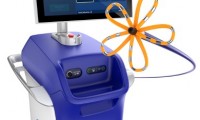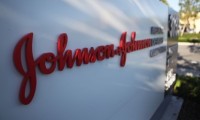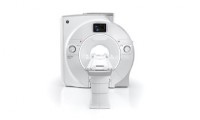-
Boston Scientific expects ‘dramatic shift’ to pulsed field ablation to fuel fast growth through 2026
- Source: drugdu
- 241
- September 25, 2023
-
J&J starts trial of pulsed field ablation catheter with mapping feedback
- Source: drugdu
- 614
- September 21, 2023
-
GE HealthCare partners with Mayo Clinic to accelerate work on imaging and AI
- Source: drugdu
- 125
- September 18, 2023
-
Insulin pump-makers grapple with questions about GLP-1s
- Source: drugdu
- 102
- September 16, 2023
-
TB deaths prompt FDA warning on reducing transmission risk
- Source: drugdu
- 173
- September 15, 2023
-
VC funding in medtech ticks up, raising hopes that slump has bottomed
- Source: drugdu
- 96
- August 28, 2023
-
Boston Scientific receives FDA approval for cryoablation system
- Source: drugdu
- 149
- August 12, 2023
-
analysts
- Source: drugdu
- 105
- June 26, 2023
-
Health insurance stocks slide after UnitedHealth warns more surgeries will drive up medical costs
- Source: drugdu
- 104
- June 17, 2023
-
analysts
- Source: drugdu
- 110
- June 15, 2023
your submission has already been received.
OK
Subscribe
Please enter a valid Email address!
Submit
The most relevant industry news & insight will be sent to you every two weeks.













